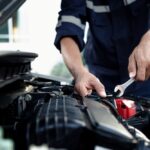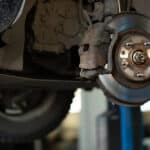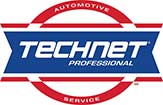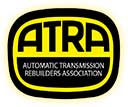Your vehicle’s fuel system is essential for delivering the right amount of fuel to your engine to ensure your car runs smoothly. Over time, however, components of the fuel system can wear out or malfunction, leading to a variety of issues. Take a look at this guide to help you decide when to repair and when to replace your fuel system.
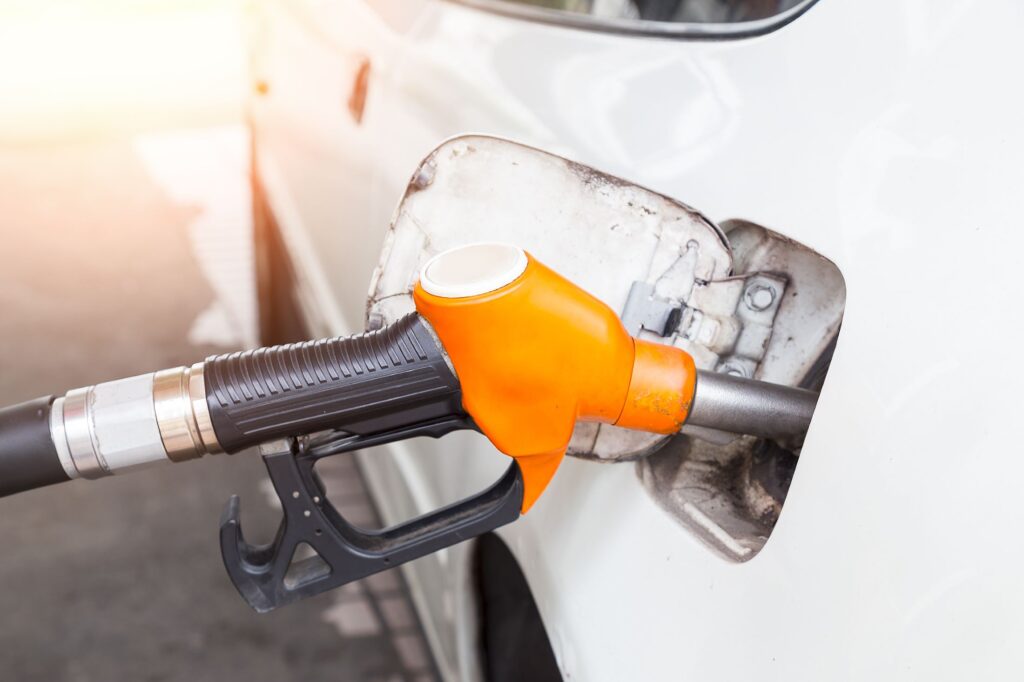
What is the Fuel System?
The fuel system in your vehicle consists of several key components, including the fuel pump, fuel injectors, fuel filter, fuel lines, and fuel tank. These components work together to store and deliver fuel from the tank to the engine. Over time, things like debris, corrosion, and wear can cause parts to degrade, impacting your vehicle’s performance and fuel efficiency.
When to Repair Your Fuel System
In many cases, repairing a specific component of the fuel system can be a cost-effective solution. Here are some situations where repairing your fuel system may be the most efficient:
Minor Leaks or Clogs: If you notice a fuel leak or a clog in the fuel line, a simple repair may resolve the issue. Replacing a damaged fuel line or clearing a clog can restore proper fuel flow without needing to replace the entire system
Faulty Fuel Pump: A failing fuel pump might cause your engine to sputter or stall. If the pump is still relatively new and the issue is due to a minor malfunction, repairing or replacing the pump alone can be more cost-effective than replacing the entire fuel system.
Dirty Fuel Injectors: Over time, fuel injectors can become clogged with dirt and debris, causing poor engine performance and reduced fuel efficiency. Cleaning or repairing the fuel injectors can often restore their function and improve your vehicle’s performance.
Repairing your fuel system can be a good option if there is an issue with a single component and the overall system is still in good condition. Regular maintenance and timely repairs can extend the life of your fuel system and keep your vehicle running smoothly.
When to Replace Your Fuel System
In some cases, replacing the entire fuel system may be the best option. Consider replacing your fuel system if you experience the following issues:
Severe Corrosion or Rust: If you notice significant rust or corrosion on the fuel tank or other components, it’s a sign that the fuel system is deteriorating. Severe corrosion can lead to leaks, contamination, and even system failure. In such cases, replacing the entire fuel system may be the safest option
Frequent Repairs: If you find yourself repeatedly repairing different components of the fuel system, it may be more cost-effective to replace the entire system. Frequent repairs can add up over time, and a full replacement can provide a more reliable and long-term solution.
Widespread Contamination: If water, dirt, or other contaminants have infiltrated the fuel tank and spread throughout the system, a thorough cleaning may not be enough. Replacing the fuel system ensures that all contaminated components are removed, preventing further damage to your engine.
Replacing the fuel system is often the best choice when the system has extensive damage or wear that affects multiple components. It can save you money in the long run by avoiding repeated repairs and ensuring your vehicle operates safely and efficiently.
Cost Considerations
When deciding whether to repair or replace your fuel system, cost is an important factor. Repairs are typically less expensive upfront, but if your fuel system requires frequent repairs, the costs can add up quickly. Replacing the entire system involves a higher initial investment but can save money over time by providing a more reliable solution.
Long-Term Benefits
Both repairing and replacing your fuel system have their advantages. Repairing specific components can be a quick and cost-effective way to address minor issues while replacing the entire system can provide a more comprehensive and long-term solution. Consider the age of your vehicle, the extent of the damage, and your long-term plans for the car
Need to Repair or Replace Your Fuel System?
Deciding whether to repair or replace your fuel system depends on the condition of the components, the severity of the issues, and your budget. If you’re experiencing minor problems or isolated issues, repairs may be sufficient. However, if the system is severely damaged or you’re facing frequent repairs, replacing the fuel system might be the better option. At Ken’s Automotive & Transmissions, we offer expert diagnostics and services to help you make the best decision for your vehicle. Contact us today to schedule an inspection and ensure your fuel system is working smoothly.



